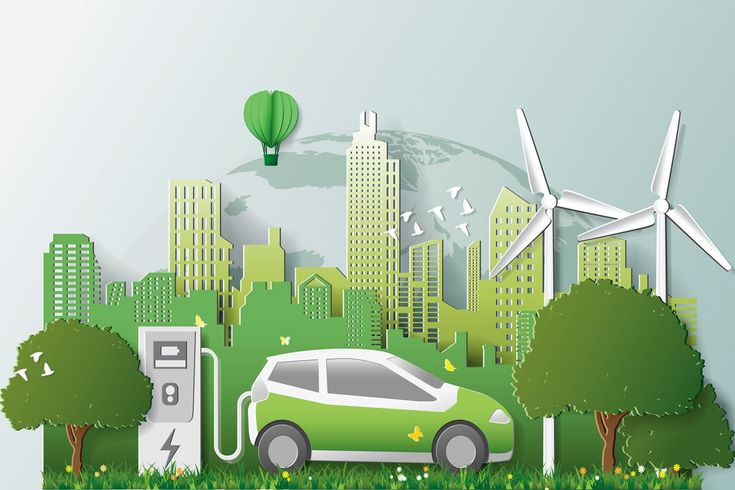As hybrid-electric vehicles (HEVs) gain popularity due to their fuel efficiency and environmental benefits, many consumers are faced with a key question: Should you buy or lease a new hybrid-electric vehicle? While both options have their merits, the right decision depends on your lifestyle, driving habits, financial situation, and long-term goals. In this blog, we’ll explore the pros and cons of buying vs leasing a hybrid-electric vehicle to help you make an informed choice.
Understanding the Basics
-
Buying a vehicle means you pay for the entire cost, either upfront or through financing, and own it outright once the payments are complete.
-
Leasing a vehicle is like a long-term rental — you pay for the use of the vehicle for a specific period (usually 2-4 years) and return it at the end of the term.
Benefits of Buying a Hybrid-Electric Vehicle
1. Long-Term Ownership
If you plan to keep the vehicle for many years, buying is more cost-effective. Once your loan is paid off, you can drive the car without monthly payments.
2. No Mileage Limits
Leases often limit you to 10,000–15,000 miles per year. If you exceed that, you’ll pay extra. Buying is better for high-mileage drivers.
3. Freedom to Modify
Owning the car means you can modify or upgrade it — whether it’s new tires, a better audio system, or custom paint.
4. Higher Resale Value (for Hybrids)
Hybrid vehicles typically hold their value well due to increasing demand and fuel efficiency, meaning better resale or trade-in value.
Drawbacks of Buying
-
Higher Monthly Payments: Loan payments are generally higher than lease payments.
-
Maintenance Costs: After the warranty expires (usually 3–5 years), you’re responsible for all repairs and maintenance.
Benefits of Leasing a Hybrid-Electric Vehicle
1. Lower Monthly Payments
Leasing usually offers lower monthly payments compared to buying, making it attractive if you want to drive a newer car with less upfront cost.
2. Drive the Latest Technology
HEVs are rapidly evolving. Leasing lets you switch to newer models every few years, enjoying the latest tech and improvements in battery efficiency.
3. Minimal Maintenance Worries
Leased vehicles are typically under warranty for the entire lease period, so major repairs aren’t your responsibility.
4. Tax Advantages for Businesses
Leasing can offer tax deductions if you’re using the vehicle for business purposes, depending on your country’s tax laws.
Drawbacks of Leasing
-
Mileage Restrictions: You’ll face extra charges if you drive more than the allowed mileage.
-
No Ownership Equity: You’re paying to use the car, not to own it — so no resale value.
-
End-of-Lease Costs: You may incur charges for excess wear and tear or lease-end service fees.
When Buying Is Better
-
You plan to keep the vehicle for 5+ years.
-
You drive long distances regularly.
-
You want the freedom to customize or resell your car.
-
You see the vehicle as a long-term investment.
When Leasing Is Better
-
You want lower monthly payments.
-
You prefer driving the newest hybrid models.
-
You don’t want to worry about long-term maintenance.
-
You drive within mileage limits and prefer a short-term commitment.
Final Thoughts
There is no one-size-fits-all answer to whether you should buy or lease a new hybrid-electric vehicle. If long-term cost savings and ownership appeal to you, buying may be the right route. If you prefer flexibility, lower upfront costs, and frequent upgrades, leasing could be the smarter choice.

